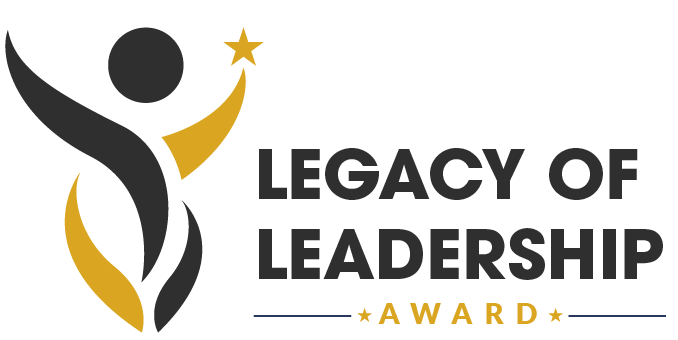The Non-Profit Leader of the Year award celebrates outstanding individuals who have made significant contributions to the non-profit sector. Nominees for this prestigious accolade demonstrate exemplary leadership, innovation, and dedication in advancing the mission and goals of their organizations. From championing social causes to driving fundraising efforts and implementing impactful programs, these leaders inspire positive change and make a difference in the lives of others. They exhibit resilience, compassion, and a commitment to serving their communities with integrity and excellence. This award recognizes their tireless efforts in leading non-profit organizations to success and creating lasting impact for the greater good.
ELIGIBILITY
Eligibility for the Non-Profit Leader of the Year award requires nominees to hold a leadership position within a registered non-profit organization. Candidates should demonstrate exceptional leadership qualities, innovative approaches, and significant contributions to advancing the organization's mission and impact. They must have a track record of driving positive change, mobilizing resources, and inspiring others to support the organization's goals. Nominees should exhibit a commitment to ethical practices, transparency, and accountability in their leadership roles. Their efforts should have resulted in tangible benefits for the community served by the non-profit organization. These criteria ensure recognition of leaders who excel in leading non-profit organizations with integrity and effectiveness.
Judging Criteria
Judging criteria for the Non-Profit Leader of the Year award include leadership effectiveness, innovation, impact, collaboration, and integrity. Leaders are evaluated based on their ability to inspire and motivate others, drive strategic initiatives, and achieve measurable results in advancing the organization's mission. Innovation assesses the leader's creativity and adaptability in addressing challenges and finding new solutions. Impact measures the leader's contribution to the organization's success and the positive change created for the community served. Collaboration evaluates the leader's ability to build partnerships and engage stakeholders effectively. Integrity ensures adherence to ethical standards and transparency in decision-making.
QUALITATIVE CRITERIA
Qualitative criteria for Non-Profit Leader of the Year include visionary leadership, empathy, strategic thinking, collaboration, and resilience. Leaders are evaluated based on their ability to inspire and empower others, demonstrate a deep understanding of the organization's mission and stakeholders' needs, and devise innovative strategies to address complex challenges. Empathy ensures the leader's genuine concern for the well-being of beneficiaries and team members. Strategic thinking encompasses the ability to set clear goals, prioritize initiatives, and adapt to changing circumstances. Collaboration evaluates the leader's effectiveness in building partnerships and fostering a culture of teamwork. Resilience reflects the leader's ability to navigate setbacks and maintain commitment to the organization's mission.
METRICS
Metrics for the Non-Profit Leader of the Year award may include measurable indicators of organizational growth, impact, and effectiveness. These may encompass fundraising success, such as total funds raised, donor retention rates, and grant acquisition. Programmatic metrics may include the number of beneficiaries served, outcomes achieved, and community engagement levels. Financial metrics, such as budget management, cost efficiency, and financial sustainability, may also be considered. Additionally, metrics may assess leadership effectiveness through staff retention rates, volunteer satisfaction, and stakeholder feedback. These quantitative measures provide insights into the leader's ability to drive organizational success and create meaningful impact within the non-profit sector.
ADDITIONAL CRITERIA
Additional criteria for Non-Profit Leader of the Year may include advocacy efforts, organizational resilience, innovation in programming, diversity, equity, and inclusion (DEI) initiatives, and adaptability to change. Advocacy assesses the leader's ability to influence policy and raise awareness of critical social issues. Organizational resilience evaluates the leader's capacity to navigate challenges and maintain stability in the face of adversity. Innovation in programming recognizes creative approaches to addressing community needs. DEI initiatives measure efforts to promote diversity and equity within the organization and its programs. Adaptability to change reflects the leader's agility in responding to evolving circumstances and seizing opportunities for growth and improvement.






